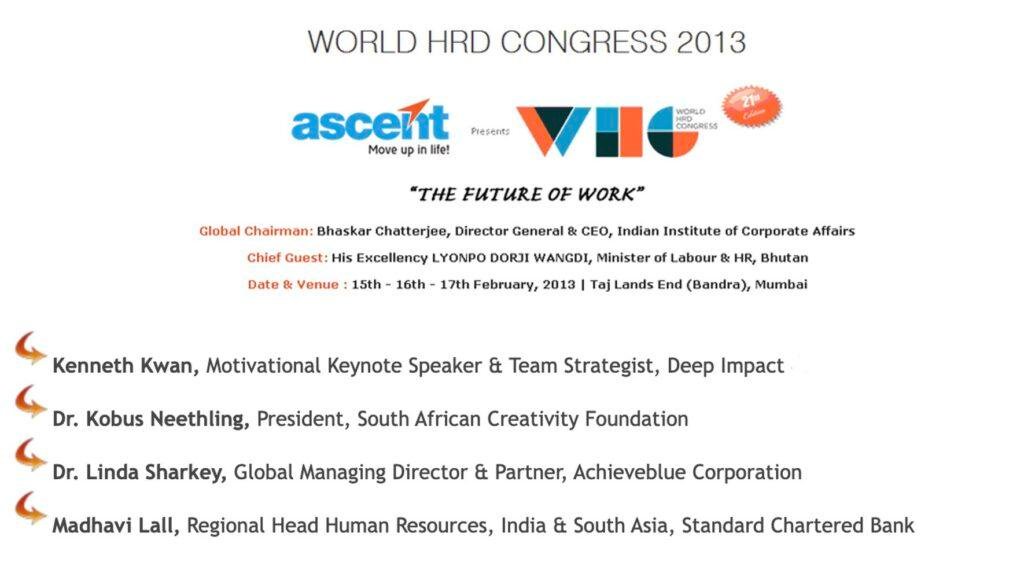I was away for a speaking engagement in the World Human Resources Development (HRD) Congress in Mumbai, India and learnt quite a few things about the people and its culture.
I hope to be able to share with you a different perspective of life, work and my experience winning an award.
1. Skills and mindset change grow together
A conversation with the Sandip Ghose, Chief General Manager-in-charge of HR Management, Reserve Bank of India, shares that India has grown by leaps and bounds in their technology and services. They have grown from an agrarian economy and jumped directly into the services and IT revolution, while skipping the typical industrial revolution phase in all countries.
This created a huge leap in technological advances, however, the peoples’ thinking and mannerisms are still within the agrarian culture. These are his words and is not to demean his country but to emphasize that skills and mindset of people must grow together.
In Singapore, we have grown a lot in hard skills due to our government’s huge emphasis on skills training. However, the attitude towards training and reskilling is sometimes lacking. Every now and then, we change cars, phones, upgrade houses but don’t spend enough time and money in upgrading ourselves.
Most people have the attitude that they will only go for training if their organization sends them. This is a worrying trend that I am really concerned of. This means that most people do not take personal responsibility for their own personal development and can’t see that an increased level of applied skills and competence is a direct co-relation to their pay and progress in an organization.
This simply means, the more you learn, the more you earn.
Perhaps people in Singapore are jaded over training or perhaps concerned that when they go for training, their work will pile up. Perhaps some people do not find training conducted well. These concerns are real, but let’s look at what we can glean and take back to our work environment or families.
I suspect that learning is not the key, but applied knowledge is. The more we apply, the more we truly understand what we know about a subject and also benefit from its effects.
2. A sense of distinction and ranks?
In the World HRD Conference, there were different levels of sitting arrangements. In the very first row, you could see comfortable armchairs, behind it are several tables reserved for speakers and the subsequent rows, you have seats. There seems to be a clear distinction between different roles. In Singapore, we don’t really see the differences, unless it’s the VIP that sits in the front.
My conversation about this with Gyanendra, head of leadership and talent management in Tata consultancy services shared that this way of sitting is not common or may be isolated to the traditional groups.
He shares that in his company, there is no distinction and everyone is seated on the same types of chairs. In the Tata Group, they are forward looking and have changed themselves into a global company, rather than a traditional Indian company.
3. Speaking and winning an award
One of the main reasons for being in the conference is to speak on my pet topic of “Creating High Performance Teams”. I shared passionately about how you can create results within your team by ensuring that everyone is clear about their purpose, how to build trust, how to develop a culture of open communication, develop a system of accountability and care within the team. It is important to note that performance is derived from the team and every principle mentioned is essential to creating a high performance team
I recorded a short video during my trip. Do watch it below:
During the Global HR Excellence Awards night, I was awarded with a leadership award for my contribution to the Human Resources. It was a delight to receive this award in the presence of hundreds of professionals and companies.
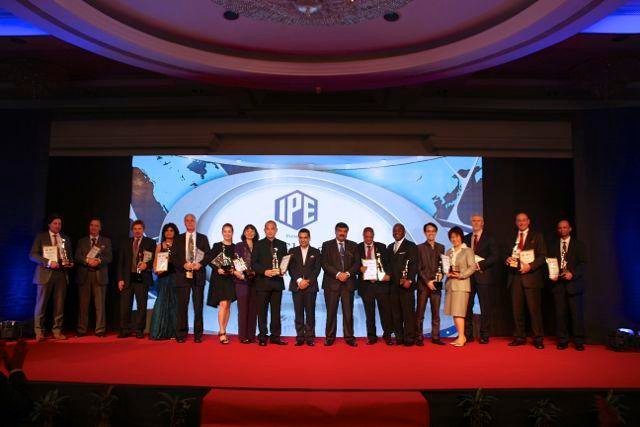
4. India, a land of uneven opportunities
Since I was speaking in the conference, the organisers arranged for me to stay at the Taj Lands End hotel, a top 5 star hotel with luxurious facilities.
Being an adventurous person, I ventured outside and found that just a few hundred metres away, there is a slum, where people do not live in proper housing and sanitation. This really broke my heart and I can only imagine the lifestyle of the people who are struggling to make ends meet.
They scrap by living on whatever they can find or work in really tough jobs just to feed their families. The affluent are really affluent while the poor are poor.
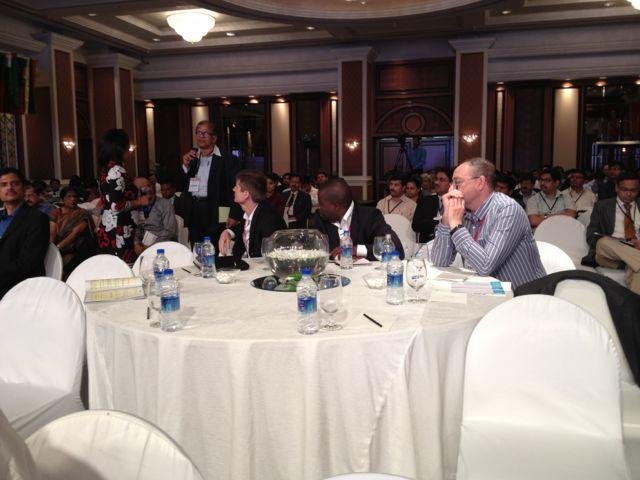
I had many wonderful conversations with taxi drivers and found them to be a rich source of conversation. A particular driver shared with me that corruption and favouritism is common in India. He mentions that it is very difficult for the poor to get out of poverty.
I rationalized that the only way out for people in the slums is through education, but he countered that even though you are educated, you will still need to know people in society to help you in your career. This was then I realized that meritocracy is only possible when you have a society that is fair and rewards it.
If you have a society that helps you get ahead simply because you know powerful people in positions, being educated is not enough.
Dewakar Goel, General Manager of the Airports Authority of India, shared with me his story of how in the previously jobs he held, he was sidelined during promotion, harressed, demoralized due to lack of ethics in the working environment and faced kidnapping threats for his children.
He refused to give bribes, refused to give false statements in courts, refused being influenced by superiors or politicians when recruiting people. His values were constantly tested but he was firm (and also stubborn) but he said that he could sleep in peace. Not only did he live up to his high standards of values, he demonstrated it in his professional work and family itself.
I believe that leaders play a huge role in helping shape the values of an organization. In my talk, I mentioned that leadership training is missing the point when they only focus on influence and leadership skills, while ignoring ethics and values.
In fact, having a strong sense of values also contribute to the bottom line in a company.
5. Great food that never ends.
Personally, I really enjoyed the many different kinds of food in Mumbai. I went to quite a few restaurants and fell in love with their Chicken Masala, Fish Tikka, Seafood and Garlic Naan. The food is really great and I can just eat there and finish it with a cup of chai (tea). Most Indians like to have chai during their breaks and sweet stuff.



6. Amazing Architecture
Mumbai itself is filled with many beautiful buildings and a lot of the colonial architecture from the British era. Here are some amazing photos that were taken.
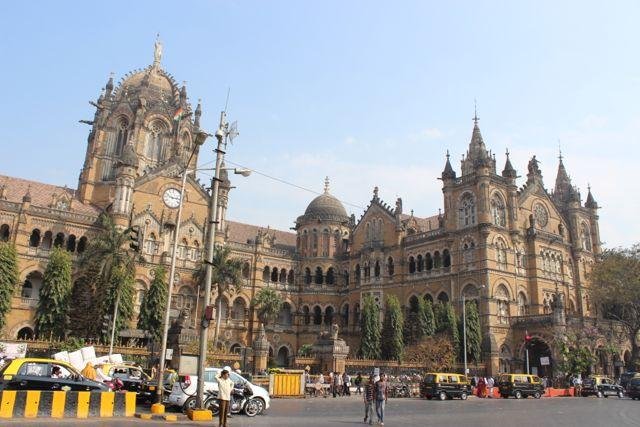
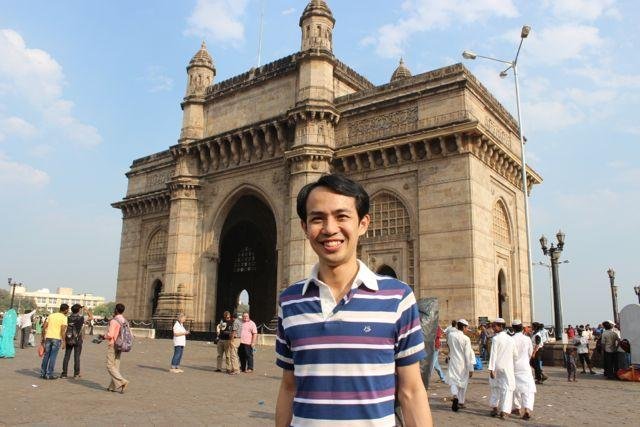
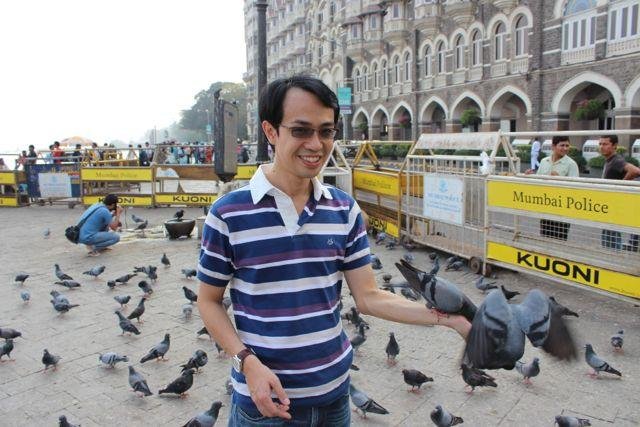
Conclusion
I truley enjoyed my working (and play) trip to India and experienced the different lifestyle there.
Spending time with different cultures really open perspectives on life and values. Every time when you are overseas, I strongly encourage you to have meaningful conversations with the locals to understand why people think and act in a certain way. I truly think that it will enrich our decision making abilities and provide a rich perspective towards life and people.

